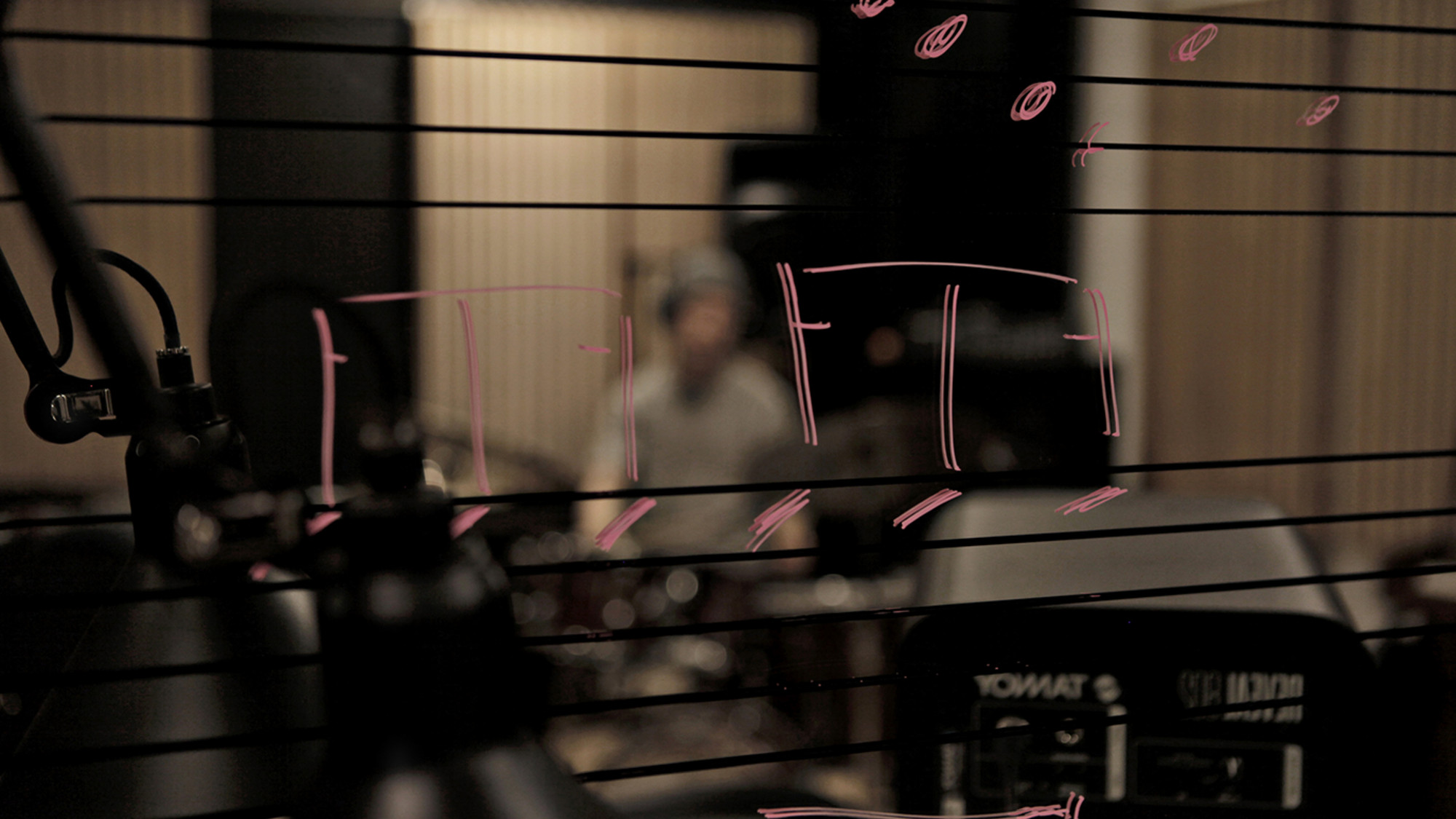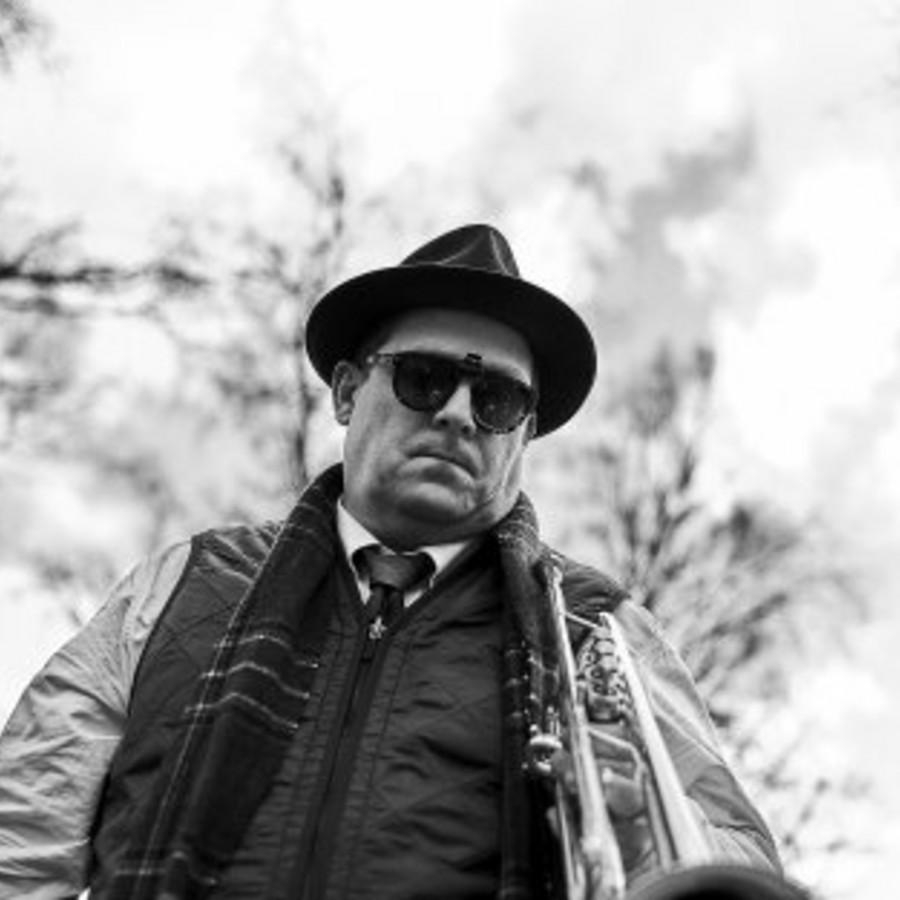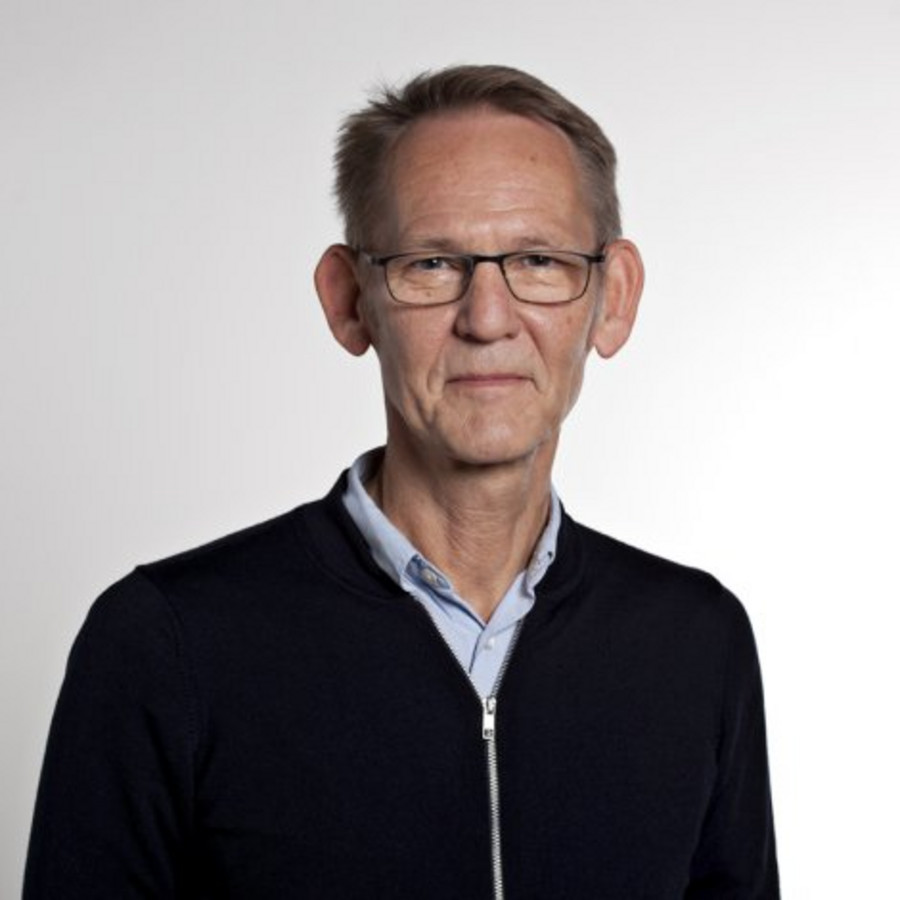The programme focuses on developing and strengthening your pedagogical knowledge and skills, your competences in music education project development and practical-pedagogical work.
The programme offers good opportunities for peer collaboration and co-creation and the form of the course alternates between regular classes, peer workshops and individual tuition and guidance. You will have the opportunity to shape the content of the programme to a great extent.
The programme has a strong focus on developing your entrepreneurial knowledge and skills and will also give you direct access to the Conservatory´s extensive national and international networks.
How do I apply?
You can read about this and much more under APPLICATION and ENTRANCE EXAMINATION below.
See as well the general information about application and admission:
| Online application opens | 2 January 2025 |
| Online information meeting via Teams | 14 January 2025 at 14:00-14:40 CET |
| Deadline for online application | 4 February 2025 at 12:00 CET |
| 1st round: You are not present | 10 - 28 February 2025 |
| Outcome of the 1st round | 6 March 2025 by email |
| 2nd round: You attend the exam online | 31 March - 4 April 2025 |
| Outcome of 2nd round | 10 April 2025 by email |
| Online meeting for applicants offered a study place | 22 April 2025 at 16:00-17:00 CET |
| Start of study | 18 August 2025 |
Application and Entrance examination: Music Education
WHO CAN APPLY?
You must either have passed the Bachelor programme Music Performance, Composition or Music Production at RMC, possess a relevant Bachelor's degree from another Danish or foreign academy of music, possess a relevant Bachelor's degree in pedagogics or musicology from a Danish or foreign university or university college.
The Conservatory may accept other similar artistic based Bachelor's degrees in music as a qualification for entrance.
Please note that only a limited number of students can be admitted to the master’s programmes at the Conservatory each year, so the applicants will be selected on the basis of abilities and skills.
WHERE TO APPLY?
You must apply online through:
You must create a profile, fill in the online application form and upload relevant files.
WHAT SHOULD THE APPLICATION CONTAIN?
In the application, you will be requested to answer the following questions:
- What is your motivation for studying at RMC - what would you like to learn and what types of musical practices do you want to help develop? (max. 1,000 keystrokes)
- What are your visions for music education? (500-1,000 keystrokes)
- How would you describe your working methods in your current practice in music education? (500-1,000 keystrokes)
- Please describe how your current practice as a music educator relates to the field in which you work - including to which other educational practices you currently are orienting yourself in order to understand and know this field better. (maximum 1,000 keystrokes)
- In what way, with what and with whom would you like to work with musical development in the future? (max. 1,000 keystrokes)
- Please provide 2-3 examples of projects (subject/content, project form) that you could imagine working with during the Masters programme. (500-1,000 keystrokes)
- Please describe - based on the programmes learning outcomes - your own individual goals and learning desires for the Masters programme. (500-1,000 keystrokes)
In the application, you will be asked to upload a personal portfolio:
- Video: Two video recordings containing examples of educational/teaching projects for which you have been responsible, and which you believe represent you well as a music educator.
Total duration of the two examples: 5 minutes.
Submission format: MP4 - Written description: Briefly describe the two projects and your pedagogical reflections related to the projects. (max. 1,500 keystrokes)
- Video: Upload a recording containing two examples of your own musicianship that you would like to share including vocal, instrumental or movement examples.
You can perform individually or together with others.
The main purpose is not the performance as such, but the focus on your musicianship.
Total duration of the two examples: 5 minutes.
Submission format: MP4
Furthermore, you will be asked to upload:
- Documentation of your
- Bachelor degree, i.e. Degree Certificate including Diploma Supplement*. Submission format: PDF
or - Expected Bachelor degree – documentation of your studies and the content of the courses you have passed, and confirming that your Bachelor programme will be completed by 1st of July 2025. Submission format: PDF
- Bachelor degree, i.e. Degree Certificate including Diploma Supplement*. Submission format: PDF
Please upload certified documentation in Danish, Norwegian, Swedish or English.
Other submitted material will not be included in the assessment.
* Diploma Supplement must be produced by the institution, that have issued your Bachelor Diploma.
What is Diploma Supplement?
APPLICATION FEE
Applicants for a masters programme at RMC must pay an application fee of 500 DKK. The fee covers part of the conservatory's costs in connection with processing applications as well as planning and running the entrance exams, and cannot be refunded after the application deadline has expired.
If you apply for a masters programme immediately after having completed a bachelor program at RMC, special rules apply, and RMC will refund the application fee after the application deadline.
WHO IS SELECTED FOR THE ENTRANCE EXAMINATION?
All applicants who meet the admission requirements will be assessed via an entrance examination.
FORM AND CONTENT OF THE ENTRANCE EXAMINATION
The entrance examination takes place in two rounds:
The first round of the entrance examination consists of an assessment of the material in your personal portfolio.
You will not be present at the assessment.
The second round of the entrance examination consists of an interview, which is conducted online.
FIRST ROUND OF ENTRANCE EXAMINATION
In the first round of the entrance examination, an assessment panel consisting of two examiners will see the submitted material in your personal portfolio and read the related annexes.
You will not be present at the assessment.
In the first round, the panel undertakes an assessment of the material in your personal portfolio.
In the assessment, emphasis is placed upon your academic standard in relation to the level required to commence the programme.
You will be assessed according to a 100-point scale, which is a subdivision of the Danish 7 step grading scale. A minimum of 40 points, corresponding to 02 in the Danish 7 step grading scale, is required to pass the examination.
SELECTION AFTER THE FIRST ROUND OF ENTRANCE EXAMINATION
Based on the assessment, a group of applicants are selected to advance to the second round of the entrance examination.
This group is usually two-three times larger than the number of applicants who can be admitted to the programme.
The applicant must pass the first round in order to advance to the second round.
All applicants will receive an e-mail about the outcome of the first round.
Applicants who are selected to advance to the second round of the entrance examination will be notified in the e-mail of the precise time at which the examination will be held.
No feedback is offered to applicant who do not advance to the second round.
SECOND ROUND OF ENTRANCE EXAMINATION
The second round of the entrance examination consists of an interview between you and a panel of two internal examiners.
The interview will be based on your written application and the material submitted in your personal portfolio.
Duration: 10 minutes.
After the second round of the entrance examination, the panel will conduct an overall assessment of your written application and the interview.
In the assessment, emphasis is placed on your academic standard, and on your written application.
The assessment is given in relation to the level required to commence the programme.
You will be assessed according to a 100-point scale, which is a subdivision of the Danish 7 step grading scale. A minimum of 40 points, corresponding to 02 in the Danish 7 step grading scale, is required to pass the examination.
ENTRANCE EXAMINATION LANGUAGE
The entrance examination is normally conducted in Danish. In cases where the applicant does not speak or understand Danish, the examination is carried out in English.
ADMISSION
Based on the result of the second round of the entrance examination, the best-qualified applicants will be admitted to the programme. If several applicants are equally well-qualified, factors such as the requirements of the music business may be included in the Conservatory’s decision on who to admit.
6 students are normally admitted to the programme. Due to the limited number of places available, the Conservatory may be obliged to reject some applicants even if they have passed the entrance examination.
You will receive an e-mail informing you of whether or not you have been admitted.
All applicants who are not admitted will be offered a brief, eight-minute telephone conversation with the responsible internal examiner, who will elaborate on the assessment result on the basis of the assessment criteria used.
WAITING LIST
A limited number of applicants who are qualified for admission, but who have not been admitted due to a lack of places available, may be offered a place on a waiting list. In the period up to 1 June, applicants on the waiting list may be offered admission.
ILLNESS IN CONNECTION WITH THE ENTRANCE EXAMINATION
Illness must be documented by medical certificate if you wish to have the opportunity to take a make-up examination. The medical certificate must be provided no later than three workdays after the examination date. The Conservatory will determine the date of any make-up examination, and you will be notified of this as soon as possible. It will not be possible to take the make-up examination at any other time than that set by RMC. You are responsible for paying the cost of the medical certificate.
Programme structure: Music Education
The master’s in Music Education qualifies you at advanced level as a music educator. The programme focuses on developing and strengthening your pedagogical knowledge and skills, your competences in pedagogical project development, organization and leadership, as well as your practical-pedagogical work as a music teacher.
During the programme you apply relevant theories as inspiration for the development of your educational ideas and projects. You will also prepare and implement practical music education projects in various settings. These projects are both self-selected and determined by the Conservatory.
Part of you programme is organized as independent project work where you will organize the educational workshops and series of lessons that are relevant to your studies - within the framework of the programme and based on individual tutoring and supervision.
In addition, the weekly lectures, seminars, and workshops takes place both in groups and individually, and you study some subjects together with students from the Conservatory´s other Master´s Programmes.
The development of music pedagogical skills, knowledge and competences is supported by the subject areas of the programme.
The subject of the programme is Music Education, Ensemble & Co-creation, Electives, Entrepreneurship and the programs concluding Master’s project which focuses on Music Education, and is self-defined, within certain overall requirements, The development of skills, knowledge and competencies in Music Education is supported by the other subjects in the programme.
The third semester of the programme is a mandatory external semester, which consists of a larger project in collaboration and partnership with external partners in intercultural settings.
The programme as a general focus on developing your entrepreneurial knowledge and skills and you also have access to the Conservatory´s extensive national and international networks.
The programme has good opportunities for peer collaboration and co-creation with other of the Conservatory students, both from Music Education and from other programmes, as well as with students from other institutions. Through the extensive range of electives, you also get the opportunity to shape the content of the programme according to your own wishes.
The programme is a full-time study programme, and attendance at tuition is compulsory. The language of instruction is usually Danish, but a few courses may also be offered in English. Teaching by guest teachers, however, is typically provided in English.
The Master´s programme corresponds to 120 ECTS points, equivalent to two years of full-time study at 1,620 hours per year. A year of full-time study includes all work connected with the study programme, including classes, independent study, examinations and all other study-related activities.
The table below shows how the subjects and ECTS points are distributed in the programme.
You can read more about the objectives and structure of the programme in the programme curriculum, where you will also find detailed descriptions of the individual subjects – click on the link to the right.
You can read more about the objectives and structure of the programme in the programme curriculum, where you will also find detailed descriptions of the individual courses.
Below you will find the list of teaching staff on the programme in current study year, permanent academic staff as well as contract teachers.
RMC prioritizes diversity in terms of genre and fields of expertise when the entire group of teachers is composed.
As a student, you are offered a wide spectrum of professional impulses from permanent teaching staff as well as from contract and external teachers.
Within the core subjects of the programme, the teaching performed by the permanent staff will normally not exceed more than two-thirds of the total number of teaching hours.
In relation to special courses, projects and similar activities, you will have the opportunity to meet a large number of external teachers.
Musikpædagogik / Music Education
Maria Westvall
Astrid Elbek
Sergio Garcia Cuesta
Musikpædagogik (individuel, faglig vejledning) / Music Education (Individual Subject-specific Tuition)
Aisha Thorsen
David Elberling
Jens Skou Olsen
John Hollenbeck
Kirsten Juul Seidenfaden
Signe Høirup Wille-Jørgensen
Mie Brunberg
Sammenspil og samskabelse / Ensemble and Co-creation
Albert Raft Rasmussen
Ruhi Erdogan
Nikolaj Hess
Kirsten Juul Seidenfaden
Entreprenørskab /Entrepreneurship
Sidse Gry Jeppesen
Christian Taagehøj
Eksternt Integreret Modul / External Integrated Module
Malene Bichel
Christian Taagehøj
Kandidatprojekt / Master Project
Kim Boeskov
Valgfag / Electives
Greta Schenk
Jens Bjørnkjær
Ida Schou Niegaard
Morten Svenstrup
Louise Dam Eckardt Jensen
Pablo Llambias
Mads Kinnerup Jørgensen
Mija Milovic
Jens Skou Olsen
Niklas Schak
Subjects and ETCS
Subject
- 1. Sem.
- 2. Sem.
- 3. Sem.
- 4. Sem.
- Subject ECTS
Music Education
30 ECTS
Subject
- 1. Sem.
- 2. Sem.
- 3. Sem.
- 4. Sem.
- Subject ECTS
Music Education
- 15
- 15
- 30
Ensemble and Co-creation
10 ECTS
Subject
- 1. Sem.
- 2. Sem.
- 3. Sem.
- 4. Sem.
- Subject ECTS
Ensemble and Co-creation
- 5
- 5
- 10
Entrepreneurship
10 ECTS
Subject
- 1. Sem.
- 2. Sem.
- 3. Sem.
- 4. Sem.
- Subject ECTS
Entrepreneurship
- 5
- 5
- 10
Electives
10 ECTS
Subject
- 1. Sem.
- 2. Sem.
- 3. Sem.
- 4. Sem.
- Subject ECTS
Electives
- 5
- 5
- 10
External, Integrated Module
30 ECTS
Subject
- 1. Sem.
- 2. Sem.
- 3. Sem.
- 4. Sem.
- Subject ECTS
External, Integrated Module
- 30
- 30
Master's project
30 ECTS
Subject
- 1. Sem.
- 2. Sem.
- 3. Sem.
- 4. Sem.
- Subject ECTS
Master's project
- 30
- 30


